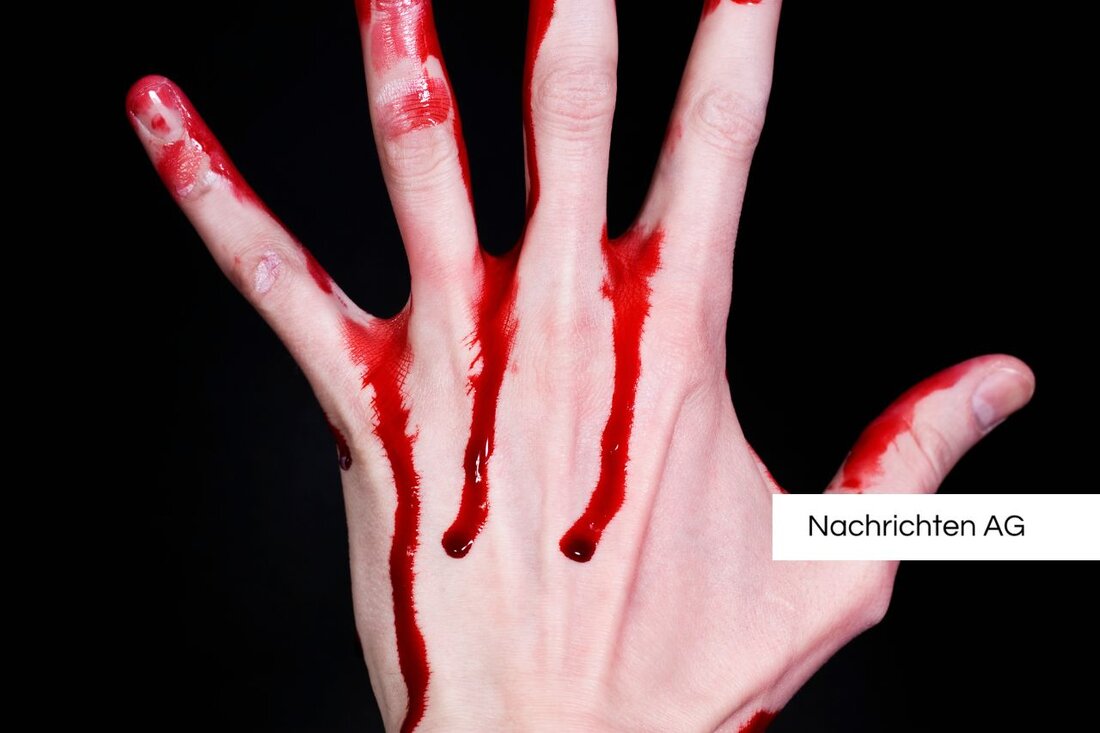Revolution in the operating room: video glasses eliminate fear of operations!
At the St. Adolf-Stift in Reinbek, HappyMed glasses are used during operations to calm patients during procedures.

Revolution in the operating room: video glasses eliminate fear of operations!
In an innovative step, the St. Adolf-Stift Hospital in Reinbek has started using the “HappyMed” glasses during surgical procedures. A concrete example is the operation of Axel N., who was able to enjoy the film “Mission Impossible” during his knee operation. This new technology is intended not only to distract patients, but also to calm them down and thus have a positive impact on the surgical experience.
The glasses, developed by a Viennese start-up in 2015, have been in use for a year now by private lecturer Dr. Thorsten Krause, chief physician of anesthesia and intensive care medicine, used for smaller procedures. The hospital's support association has now financed two of these glasses, which offer patients an individual audiovisual experience. Users can adjust vision and volume and choose from a variety of film offerings, including nature documentaries, travel films, concerts, meditation films, Hollywood films and children's films.
Advantages of HappyMed glasses
Studies have shown that audiovisual distraction improves the chances of recovery, lowers blood pressure and heart rate, and can partially replace the effects of sedatives. Dr. Krause reports positive experiences with the glasses and notes that many patients find the procedure less stressful. The glasses are mainly used for procedures such as hand-foot surgery or material removal for which local anesthesia is sufficient.
Although general anesthesia is still available if patients wish, some find general anesthesia uncomfortable. Many people choose to watch meditation or nature films when using the glasses, while occasionally the end of the film cannot be seen when watching feature films. There is also a plan to purchase more glasses to expand capacity.
The functionality of the HappyMed glasses could also be tested in other clinics. Dr. Fabian Heuser, who discovered the glasses in 2017 when he was a senior physician at the Asklepios Klinikum Bad Tölz, emphasizes that the aim of the application is gentle and patient-oriented treatment. The glasses put patients in a trance-like state that distracts them from external stimuli, which has particularly noticeable effects on children. In addition, the administration of sedatives could be significantly reduced by using the glasses, which minimizes the risks and side effects.
For the Reinbeker Hospital, the use of the HappyMed glasses represents a significant advance in providing patients with a more comfortable and stress-free experience during surgical procedures. A study shows that glasses are not just a distraction, but a valuable contribution to recovery.
You can find further information about the background and positive effects of the HappyMed glasses at ln-online.de and asklepios.com.

 Suche
Suche
 Mein Konto
Mein Konto
